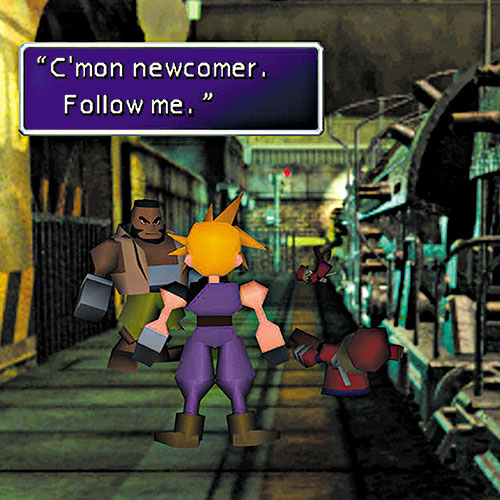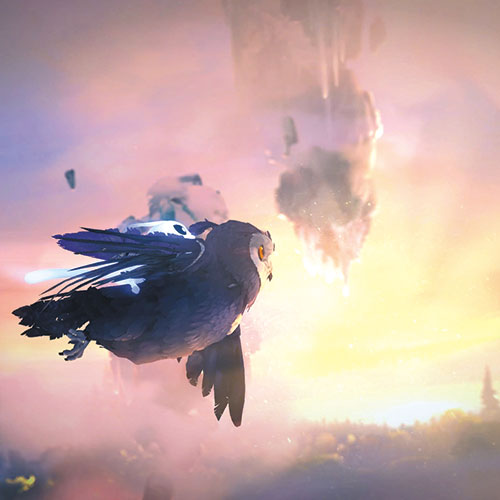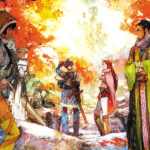Paige FTW: A Return To Linearity

Modern gaming has embraced the open-world model wholeheartedly. Beyond a few outliers like The Last of Us: Part II, E3 was dominated by a new generation of “go wherever you want” titles that promise more player freedom than ever before.
That’s all well and good. I like the format. But sometimes it just gets exhausting.
Having recently finished the very open-world Horizon: Zero Dawn, I was tired of freedom. I wanted something where I always knew exactly where I should be going — where the only way forward … was forward.
So I looked through my backlog and picked Final Fantasy VII, a glaring hole in my otherwise very solid JRPG portfolio (I played it on PS1 but never actually finished it for various reasons).
The game is a classic for a reason. Oh, you can go on about how it is overrated or outdated, but it remains, even with its blocky graphics and clumsy execution, a masterpiece of game design.
As I work my way through the game’s early chapters, I am reminded of the narrative power of not having choices, so to speak. An open-world game would have allowed Cloud to wander off after AVALANCHE’s first mission, doing odd jobs for Sector 7 inhabitants before returning for the next mission.
But here, Cloud does the mission, returns, and literally and figuratively has nowhere else to be. It serves as a quiet hint that Cloud is not who he appears — explaining why, exactly, this big-talker seems to have nothing more to do than follow Barrett, Tifa and later Aeris around.
The greatest critique of open-world games is a kind of narrative dissonance — the world needs your help, but it’ll wait until you’ve collected a dozen old documents, fought five rare hunts and explored an unrelated region.
Replaying a classically linear game is almost … refreshing in its commitment to getting the story told, as it needs to be told.











